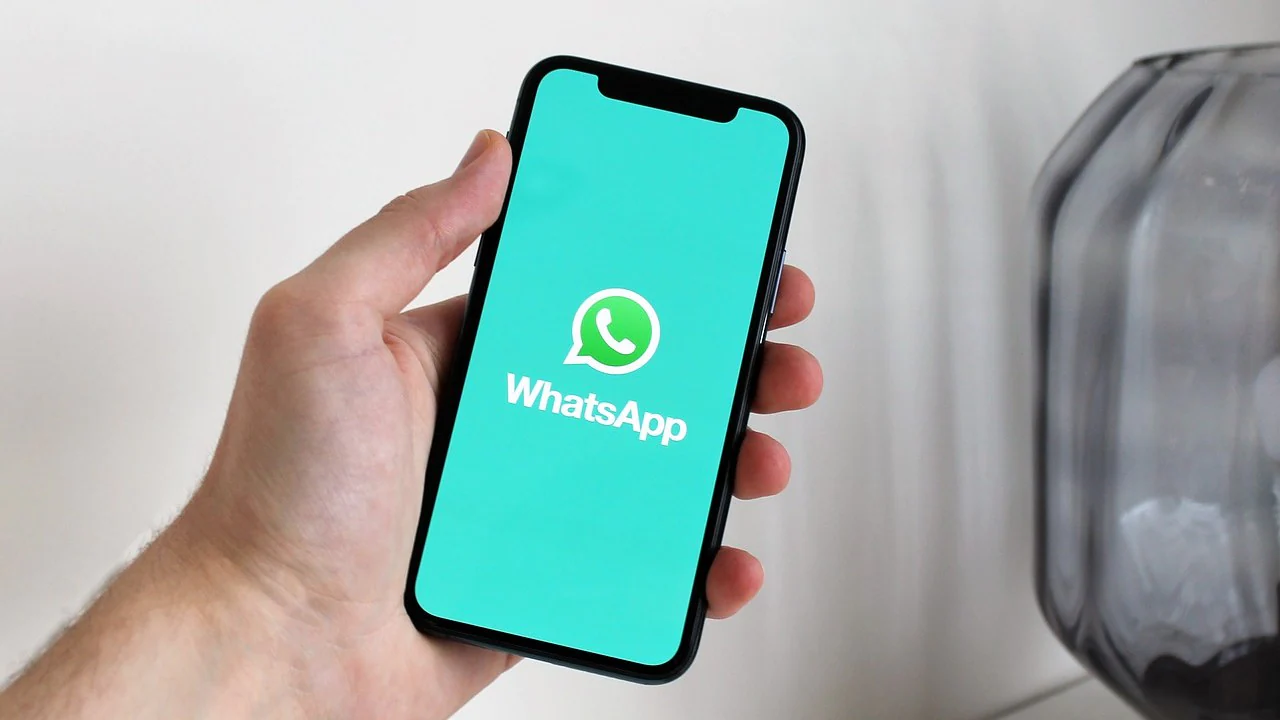The US state of Florida may soon require parents to sign off on their children joining social media platforms. Governor Ron DeSantis has signed House Bill 3 (HB 3) into law, imposing stringent guidelines on minors’ use of social media platforms.

Furthermore, the legislation, which takes effect on January 1, prohibits children under 14 from accessing or using social media platforms.
Under HB 3, individuals aged 14 and 15 must obtain parental or guardian consent to create or use social media accounts. Social media companies are mandated to delete such accounts within five business days upon request, and penalties can reach up to $10,000 per violation.
For companies found to have knowingly or recklessly violated the law, fines escalate to $50,000 per instance.
The law does not specify particular platforms but encompasses features like infinite scrolling, display reaction metrics, live-streaming, and auto-play videos. Email platforms are exempt from these regulations.
Additionally, HB 3 incorporates an age verification component for websites or apps deemed to contain a significant portion of content harmful to users under 18. Like those containing adult content, Floridians accessing such sites must verify their age through proprietary or third-party platforms. However, news agencies are exempt from this requirement.
To address privacy concerns, websites can employ an “anonymous age verification” system, preventing the retention of identifying information. Failure to comply with this provision could result in $50,000 in civil penalties per instance.
This legislation follows DeSantis’s veto of a similar bill earlier in the month that lacked provisions for parental consent. NetChoice, a trade association representing social media platforms, has criticized HB 3 as unconstitutional, arguing that its age verification component poses risks to privacy and security.
Republican House Speaker Paul Renner emphasized the necessity of the law, citing concerns about minors’ susceptibility to addictive technologies. Renner anticipates legal challenges from social media companies, as DeSantis acknowledges the potential for First Amendment disputes.
While Florida is not the first state to regulate minors’ social media use, similar laws in Arkansas and California faced legal obstacles. Meanwhile, on the federal level, the Protecting Kids on Social Media Act proposes parental consent requirements for minors under 18 amidst broader discussions, including potential bans on platforms like TikTok.









